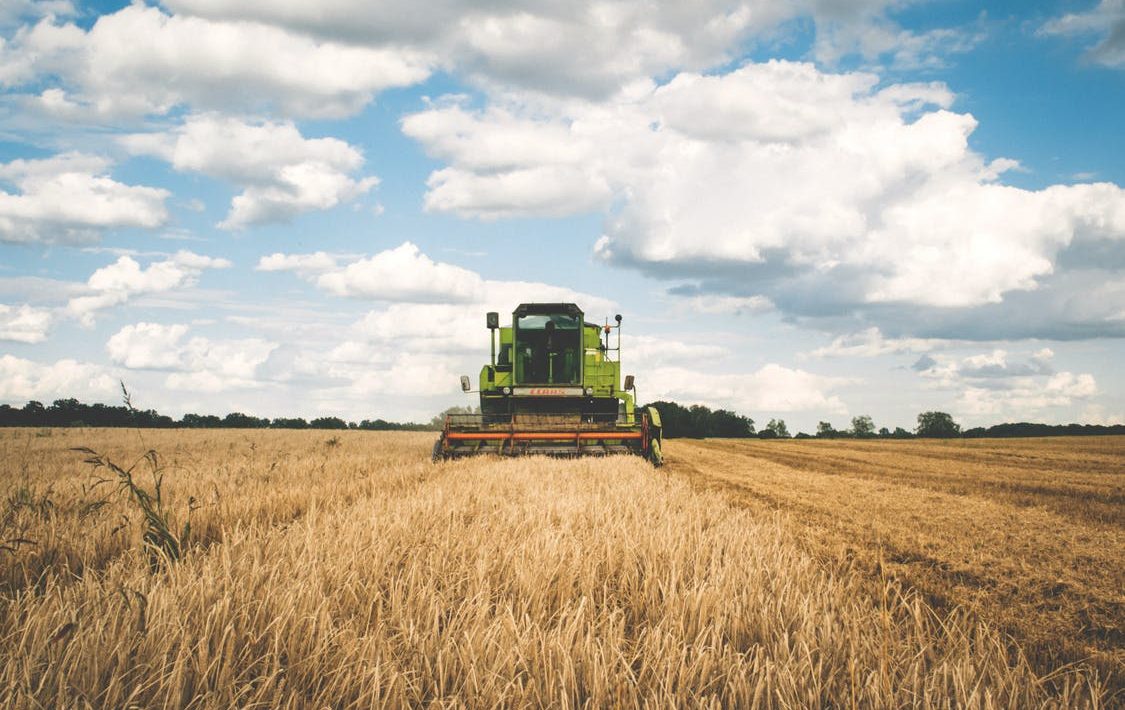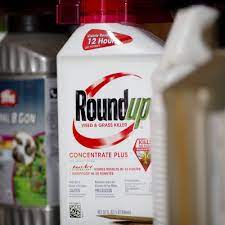If you have a passion for farming but don’t like digging in the dirt or have limited outdoor space, hydroponic farming is the way to go! So what is Hydroponic farming?
Simply explained, hydroponic farming is a method used to grow plants using an alternative growing medium and not soil. The advantage is that it can be done indoors and hence suitable for people living in urban centers.
For beginners, this might sound complicated. In this article, we present to you some basic hydroponic farming tips and leak detection for homeowners. The tips shared here are based on past experiences with hydroponic farming. Sounds good? Well then, let’s dive right into the subject matter.
1. Enrich your Knowledge Account Before Beginning Hydroponic Farming
Don’t just hear of hydroponic farming as an easy way to grow food and want to try it without conducting some research. People have tried this type of farming and failed terribly! The reason is believed to be a lack of knowledge or the required ability. Checkout Hydroponix Gardening a blog post that shares some informative tips for aspiring hydroponic farmers. There is plenty of information you need to learn that will help you achieve a successful hydroponic gardening project.
2. What Crops Can I Grow on Hydroponically?
About any plant can be grown through hydroponic farming. However, for newbie’s, it is best that you start small with the best choices being kitchen herbs and vegetables. These are the vegetables and herbs that grow quickly and will require little maintenance. In addition, these don’t require a broad range of nutrients and are easier to manage to maturity. In addition, these require little investment in terms of cash and so form a good learning experience for those willing to go into large scale hydroponic gardening.
3. Don’t Go For Complicated Hydroponic System for the Start
There are four most common hydroponic gardening techniques that beginners can try. These include the Ebb and Flow, Top Drip System, the Deep Water Culture as well as the Wick System. The wick system is the simplest and cheaper to start of the four. This makes it an ideal system for the newbie hydroponic gardeners. This is because you don’t require pumps, timers, or even the aerators which also require some technical expertise you might not have at this level.
4. Choose Appropriate Hydroponic Lighting for Indoor System
Light is very much essential for healthy plants. For the indoor hydroponic gardening you will find a confusing array of hydroponic lights available in the market and so you have to be sure you are picking the best for your garden. The hydroponic lighting systems come in different styles and shapes and produce light through a different mechanism. You can check out the available starter kits that come with all of the components in one pack. This is a good idea since you are able to match the lamp and the bulb wattage.
5. Ensure a Balanced Nutrient Solution always
Plants grown hydroponically don’t have access to the nutrients present in the soil. The topic of hydroponic nutrients balancing is very wide and might not be so easy for the first-timers. That is why it is important you consider the already mixed solutions available with the hydroponics grower’s starter pack. This way, you don’t have to go through the hustle of trying to balance nutrients every day.
6. Choose the appropriate Growing Medium
Hydroponic farming is simply soilless farming! The plants require a growing medium and for beginners, the most commonly suggested mediums are the coconut coir and the LECA (clay balls). The coconut coir is from the coconut husks while the lightweight Expanded Clay aggregate is made by heating balls of clay under intense heat. These are readily available at a leading hydroponics farmers store near you.
Those are the essential hydroponic gardening tips for homeowners. Try some farming at your backyard today through this simple and fun way to grow cheaper and safe crops.


